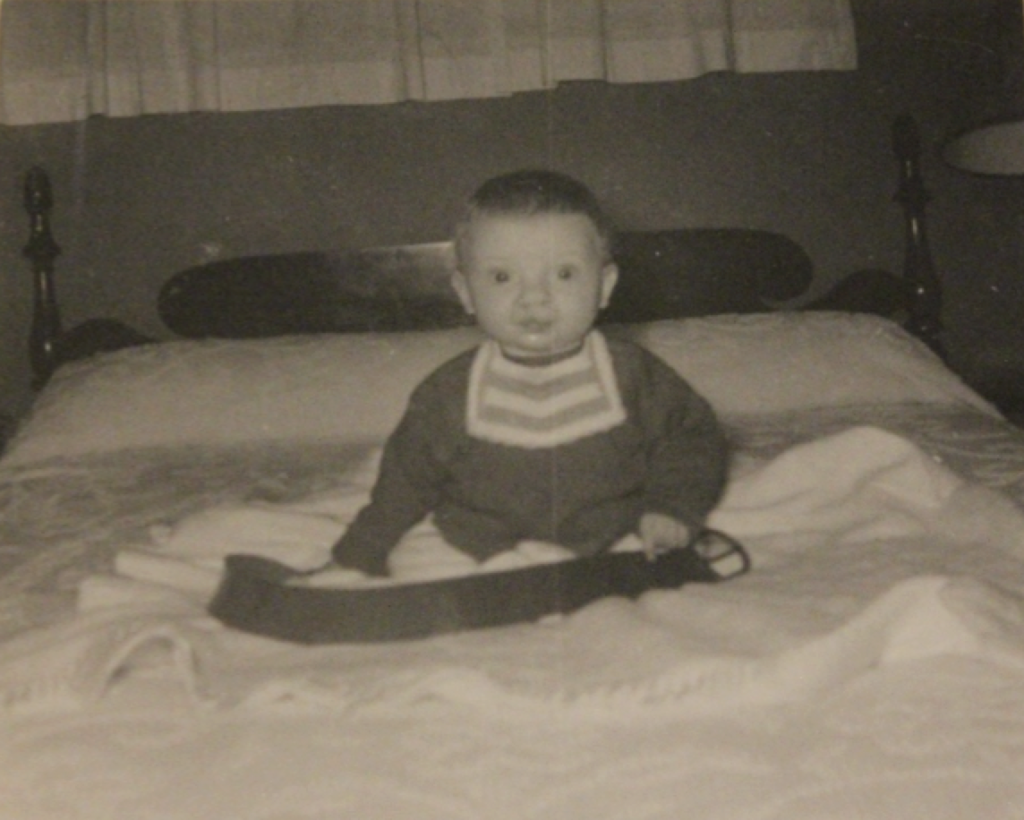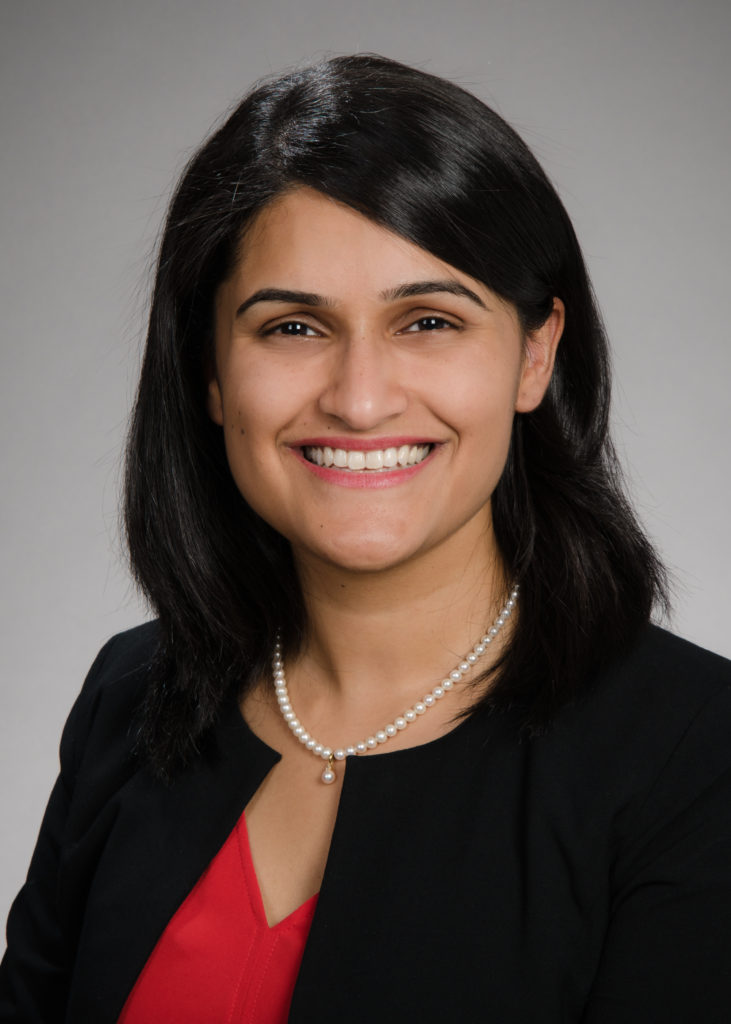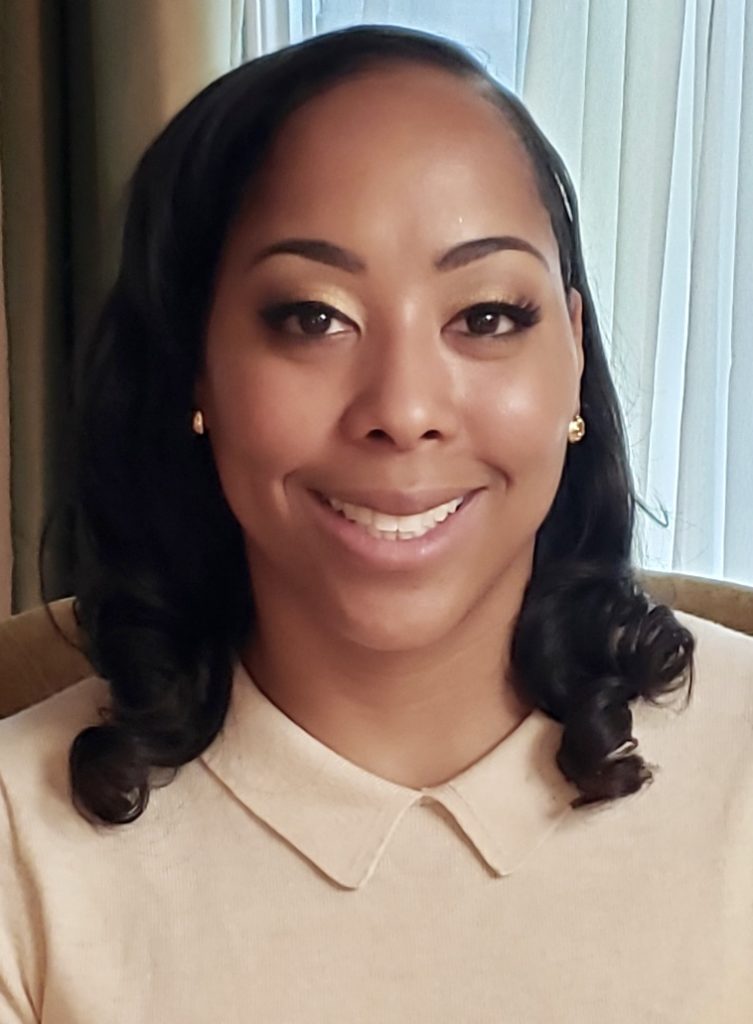- by newdentistblog
- 07 Jul 2022
Five strategies to prevent burnout as a dentist
Five strategies to prevent burnout as a dentist
- by newdentistblog
- 07 Jul 2022
- in dentist
Have you ever found yourself lacking the energy to do activities you once enjoyed, snapping at loved ones, or feeling a flood of dread when your alarm goes off on a work day? You may be experiencing signs of chronic stress, which when unmanaged, can lead to burnout.
Research shows that burnout is on the rise for healthcare professionals. The World Health Organization defines burnout in the International Classification of Diseases (ICD-11) as "a syndrome conceptualized as resulting from chronic workplace stress that has not been successfully managed." Dr. Christina Maslach, one of the world's foremost experts on occupational burnout, outlines the three key dimensions of burnout in her research as "overwhelming exhaustion, feelings of cynicism and detachment from the job, and a sense of ineffectiveness and lack of accomplishment."
It's important to note that burnout differs from stress. Stress involves increased demands that lead to hyperactivity and over-engagement, but there is an attitude of hope that when the work is complete there will be relief. On the other hand, burnout is an accumulation of unmanaged stress that leads to feeling disengaged and devoid of motivation, and an attitude of hopelessness.
It's critical to be aware of how unmanaged stress accumulates in your life so that we can focus on preventing burnout. As a new dentist practicing full time, I've experienced chronic stress. As a yoga teacher and wellness coach, I'm equipped with the tools to successfully manage this stress. I've gathered five strategies that have worked for me to manage stress and prevent burnout.
1. Optimize basic health behaviors: master the way you sleep, eat, & move
We must master the foundations of our well-being so that we have the energy to show up as the best versions of ourselves. The way we sleep, eat, and move ultimately gives us the energy we need to thrive. When we try to operate at full capacity without taking care of our own health, we end up on the path to burnout.
I won't expand on how we can optimize the way we eat and move in this article, but I will expand on sleep as I believe it is the most under-used yet powerful tool available to us. As one of my sleep teachers, Jennifer Piercy, so eloquently puts it, sleep is anti-inflammatory medicine that nourishes literally all physiological and psychological functions - hormones, circulation, cardiovascular and brain function, metabolism, memory, consolidation of learning experiences, emotional processing, creativity, and ability to focus.
The greatest strategy for improving quality sleep is practicing a digital sunset. At least one hour before bed, shutdown technology and avoid computer work, phone scrolling, and watching TV. Instead, create a sleep ritual that allows you to slow down before falling asleep. Consider relaxing activities like reading, practicing restorative yoga, taking a bath, snuggling with a pet, meditation or yoga nidra. A digital sunset calibrates our circadian rhythm because blue light exposure at night suppresses the release of melatonin. We can support melatonin production by getting ~10 minutes of sunlight in the morning and evening
If you have trouble falling asleep, consider Yoga Nidra, an ancient sleep-based guided meditation ranging from 10-45 minutes, in which you are led into deep states of rest and repair. My favorite sleep hack is to practice Yoga Nidra on Insight Timer using this special eye mask either before bed, upon waking, or in substitution of an afternoon nap.
Resources:
While I listed only three basic health behaviors, there are several other basic health behaviors that when optimized, have a high impact on our performance. Most notably, the way we breathe, our ability to focus (i.e. reduce mind wandering and increase focus on the present moment), and learning to regulate our nervous system are important tools for optimal health that require their own future discussions.
2. Conduct an identity check-up
We spend nearly a decade training to be dentists. We embark on this journey with the promise that if we just work hard now, then we will be successful later. Often, when we graduate dental school, we realize the goal post has just moved further away from us. Somewhere along the journey, we may wake up to the fact that the life we are living isn't the life we expected or realize that we've been working towards someone else's goals. When our life feels misaligned like this, reconnecting with our authentic selves is a powerful step in creating a fulfilling life and preventing burnout. It is natural that our identities have evolved in the years we've spent training to be a dentist
Conduct an identity check-up: Set aside one hour to conduct an identity check-up and consider how your identity is evolving by answering the following questions:
3. Do less: break up with busy-ness
To prevent or recover from burnout requires a radical shift in our relationship with busy-ness. Most of us have spent our lives busy and over-scheduled. Busy-ness has become our programmed baseline, and when we are below baseline, there is a homeostatic tendency to return to busy. If we want to prevent burnout, we have to stop wearing busy-ness as a badge of honor.
Doing less isn't about putting in less effort, but rather only doing the things that are in alignment with your life vision. When you let go of the distractions and the non-essential, you can accomplish more. Rather than rushing through life with frantic energy, you can savor everyday moments and feel more fulfilled
As we adjust to being less busy, we can feel agitated or like we should be doing more. It requires doing the inner work to truly understand our drive toward achievement and external definitions of success
Here is what helped me break up with busy:
Doing less of what drains you creates space for more effectively doing what energizes you, and this is a powerful tool in reducing stress and preventing burnout
Resources:
4. Celebrate the highs and learn from the lows
Another tool in preventing burnout is to create a system to celebrate your successes and learn from your failures. This is important because it helps us decompress after stressful procedures, separate our identity from our clinical failures, learn and grow from experiences, and it allows us to build our 'cookie jar.'
Consider the following to create a system for self-evaluation in the face of success and failure:
5. Ask for help
We are always more successful with the support of others. Asking for and receiving help is an opportunity to build vulnerability and connection, and it's a sign of strength. Consider reaching out to another dentist who has been open about their journey through burnout. Participate in communities of like-minded dentists through study clubs or mastermind groups.
Expand into new communities outside of the dental world that may be aligned with other passions of yours. Often, we are so entrenched in the world of teeth, we forget that there is an entire world outside of dentistry. Exploring different interest groups or hobbies is a fantastic way to rebuild your identity outside of dentistry and connect with supportive communities.
If you've made it to the end of this article, have implemented the steps above, and still feel burned out, it may be a sign that there is something greater going on. Consider speaking with a licensed counselor, therapist, or coach. I have worked with professionals on BetterHelp, a virtual therapy service, as well as with two dental-specific coaches. I worked with Dr. Laura Brenner on identity and career contentment and Dr. Jessica Metcalfe on dismantling impostor phenomenon, perfectionism and burnout. Working with coaches who have been in my shoes is incredibly empowering.
Summary
To prevent burnout, we must learn to successfully manage stress, detect early warning signs, and stay vigilant about protecting our well-being. If you are seeking additional support in preventing burnout, I've created a guided mini-course available for free here. You're not alone, you've got this!
Dr. Shivani Kamodia Barto is a general dentist, yoga teacher, and wellness coach. She completed her 200hr yoga teacher training in 2012 and graduated from the University of Michigan School of Dentistry in 2018. Shivani is an active leader in organized dentistry, environmentally sustainable dentistry, and wellness for dentists. In addition, Shivani is passionate about empowering other health care professionals to apply the science of well-being so that they too can thrive in dentistry without sacrificing their mind or body. She currently provides support through immersive retreats, private coaching, and online programs. More information can be found at drshivasana.com.
- by foxnews
- descember 09, 2016
'I traveled for an entire year for free - and saved $15K'
Hailey Learmonth explored Australia without paying rent, thanks to pet sitting. She saved $15,000, lived on farms, and embraced remote work to travel on a budget.
read more





